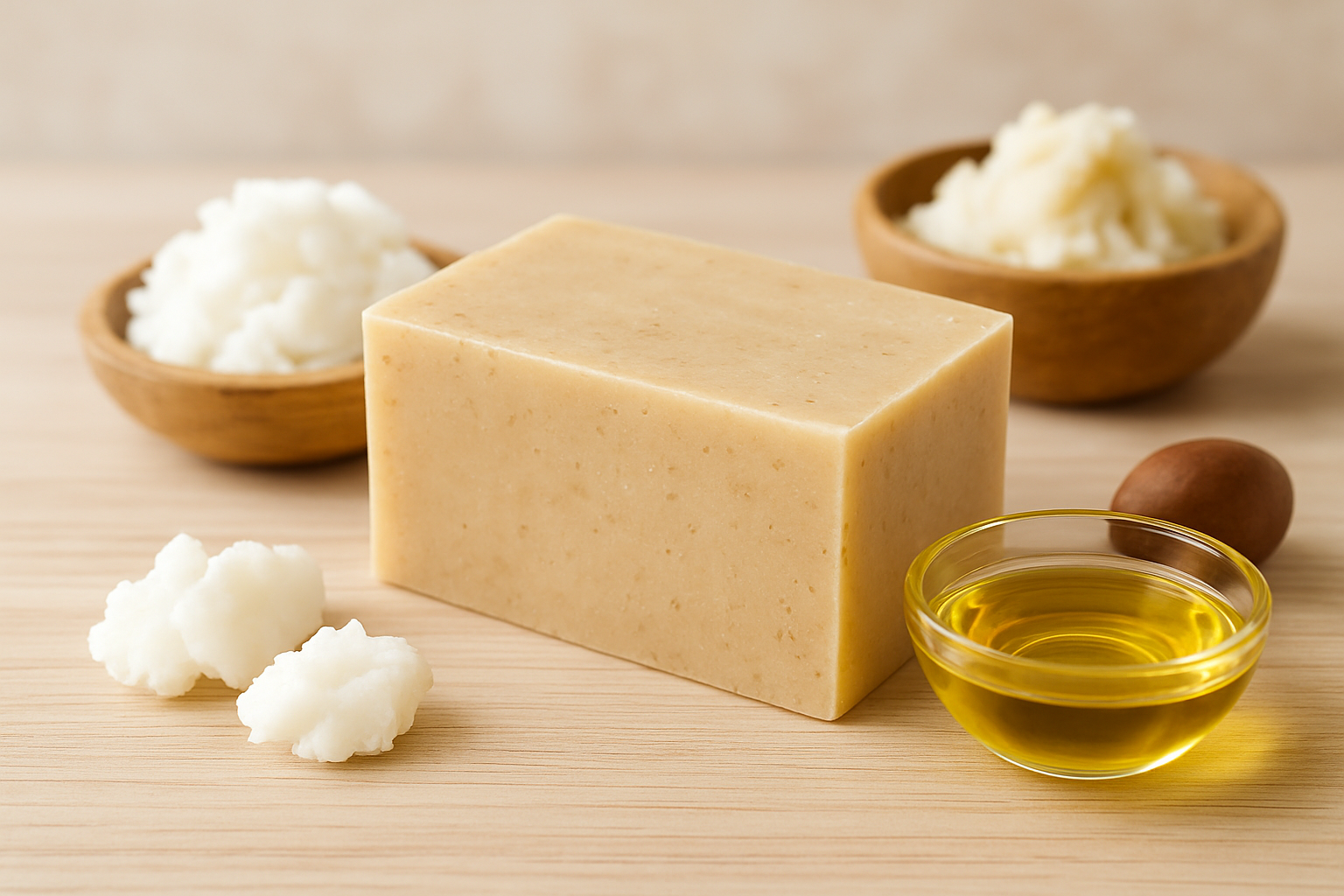Introduction
Choosing the right soap factory partner is one of the most important decisions for any beauty, skincare, or personal care brand. Whether you’re launching your first soap line or expanding your existing product range, your manufacturer will directly influence your product quality, brand reputation, and market success.
But with so many suppliers available, how do you find the best soap manufacturer that truly fits your business needs?
In this article, we’ll guide you through the essential factors to consider when selecting an OEM soap supplier, and show you what sets a reliable partner apart — including innovation, customization, and strict quality control.
1. Understand Your Business Needs
Before you start searching for a soap factory partner, define your goals clearly:
-
Are you creating a new brand or expanding an existing one?
-
What’s your target market — luxury, eco-friendly, or mass retail?
-
Do you need private label soap manufacturing, custom formulas, or ready-made stock?
Understanding your direction helps you find a supplier that aligns with your brand identity and production scale. A professional OEM soap supplier can provide flexible solutions — from formulation and fragrance design to packaging and compliance.
2. Look for Proven Manufacturing Experience
Experience is everything in soap production. A best soap manufacturer should have years of experience serving global markets and working with different product types, such as:
-
Natural bar soaps
-
Handmade glycerin soaps
-
Herbal and essential oil soaps
-
Beauty and skincare cleansing bars
Ask potential partners about their production history, certifications, and client portfolio. A reputable soap factory partner will be transparent and proud to share their expertise.
💡 Pro Tip: Choose a supplier that can also support men’s grooming, facial cleansing, or body care lines — so your brand has room to expand under one trusted manufacturer.
3. Evaluate Product Quality and R&D Capability
In the skincare industry, quality defines success. Look for an OEM soap supplier with:
-
In-house R&D laboratory for continuous innovation
-
Ingredient traceability and safety testing
-
International standard compliance (ISO, GMP, MSDS, etc.)
High-quality soap should not only cleanse effectively but also provide skin benefits — moisturizing, brightening, soothing, or exfoliating.
A manufacturer with strong R&D can customize your formula using natural extracts, essential oils, and mild surfactants to match your brand positioning. This innovation is what separates an average soap maker from a true manufacturing partner.
4. Check Customization and Private Label Options
If you want your brand to stand out, choose a soap factory partner that offers complete customization.
That includes:
-
Custom formulas and fragrances
-
Shape, size, and color design
-
Branded packaging (box, sleeve, paper wrap, or eco packaging)
-
Logo embossing or mold engraving
An experienced OEM soap supplier will guide you from concept to market — helping you design a product that truly reflects your brand’s identity while meeting industry standards.
Customization also allows you to test niche markets (such as vegan, organic, or sensitive skin soaps) without large-scale risk.
5. Review Production Capacity and Lead Time
A reliable soap manufacturer must balance flexibility with efficiency. Whether you’re a small brand starting out or a retailer with large orders, make sure your supplier can handle your demand.
Ask about:
-
Minimum Order Quantity (MOQ)
-
Monthly production capacity
-
Lead times for sample, production, and delivery
The best soap manufacturer should provide scalable solutions — small batch for startups and bulk production for established brands — without compromising on quality or delivery schedules.
6. Ensure Compliance and Certifications
When choosing a soap factory partner, product safety and regulatory compliance are non-negotiable. Verify that your manufacturer follows international standards such as:
-
GMP (Good Manufacturing Practice)
-
ISO 22716 / ISO 9001
-
MSDS & COA documentation
-
FDA / EU cosmetic registration support
These certifications prove that your OEM soap supplier operates with strict quality control and consistent manufacturing processes — protecting both your brand and your end customers.
7. Evaluate Communication and After-Sales Support
A professional partnership is built on clear communication. Your manufacturer should respond promptly, offer solutions, and provide regular updates during every production stage.
Great after-sales service also matters — especially for repeat orders, reformulations, or packaging updates.
Choose a partner who acts as a consultant, not just a factory — someone who understands your market, shares trends, and supports your brand growth long-term.
8. Look for a Partner Who Shares Your Values
Beyond price and production, the best soap manufacturer is one that aligns with your brand philosophy.
If your brand focuses on eco-friendly, cruelty-free, or natural ingredients, your supplier should reflect those values. This consistency builds authenticity and strengthens your brand’s story.
At BUNJOIN / BJY Cosmetic Supply, for example, we specialize in high-quality private label soap production with a focus on natural ingredients, sustainable packaging, and flexible OEM/ODM service. Our team supports every stage — from formula design to export compliance — helping brands grow with confidence.
Conclusion
Selecting the right soap factory partner isn’t just about finding a supplier — it’s about building a long-term partnership that supports your business vision.
A great OEM soap supplier offers more than production; they provide innovation, reliability, and market insight.
When you collaborate with the best soap manufacturer, you ensure every bar of soap reflects your brand’s quality, values, and commitment to customers.
Whether you’re a beauty brand, spa, or retailer, choosing wisely today means stronger growth and brand trust tomorrow.

